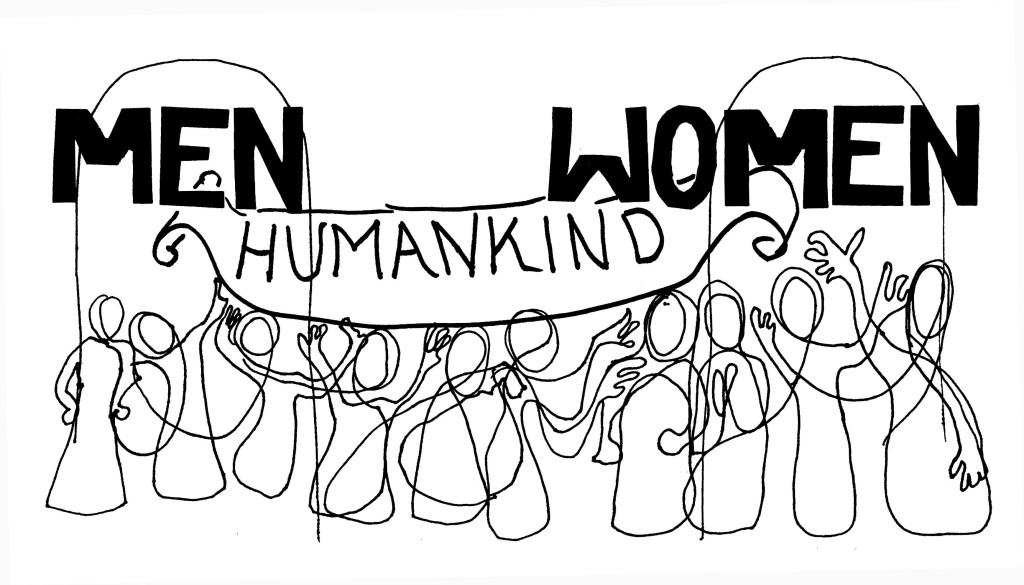
Historical setting: 590 C.E. The path back to Annegray
As we walk the horses back we are discussing the plans for the new monastery. We’ve heard it would be a double monastery with both men and women.
Brother Servant explains, “I’ve asked Father Columbanus about this because of my particular circumstance.” Brother Servant, it’s been noted before, is a eunuch.
He continues, “It’s well-known even by the Romans that men are men and women are distinctly different. But as for me, I was changed by the blade. So how will the Father decide who will live in the women’s community and who will live among the men?”
“Brother Servant, surely you will be assigned to the men’s monastery, because you already live in a men’s community.” Of course, I can only guess.
“But what of the one who now lives among us born as woman, but who lives as a man? We have such a monk so this isn’t just a theoretical question.”
“Surely the father will consider everyone individually.” I feel confident that Father Columbanus won’t abandon his thoughtfulness of these monks. “I can offer this assurance because The Celtic rule begins with obedience to God, not to an abbot or bishop speaking for God. When God speaks for God, the Father can make decisions based on his own human care for his followers so he isn’t required to guess at some kind of holy judgment as though he had special knowledge.”
The other monk gropes for clarity, but completely misses the point. “So Ezra, you think God would find the abbot’s answers contrary since the Father doesn’t speak for God?”
“No, no, no.” How can I explain it? “The Father’s authority doesn’t come from speaking the mind of God, but from his own love of God. He isn’t bound by old Roman ways where rule was once by human authority and authority was given only to men of proper lineage. Under that Roman rule women, children, slaves and servants and all non-Romans had a lesser place. So if one in authority intends to speak the mind of God but finds the love rule hard, he could be tempted to speak instead from the authority of traditions and old hierarchies. By pretending human authority is the same as God’s judgment, dichotomies of petty righteousness intrude and eschatological endings are punitive. But Father Columbanus, speaking only for himself, grapples with God’s love rule as a human being.
Brother Servant fears, “What if the new Bishop of Rome doesn’t allow Father Columbanus’ rule?”
(Continues tomorrow)